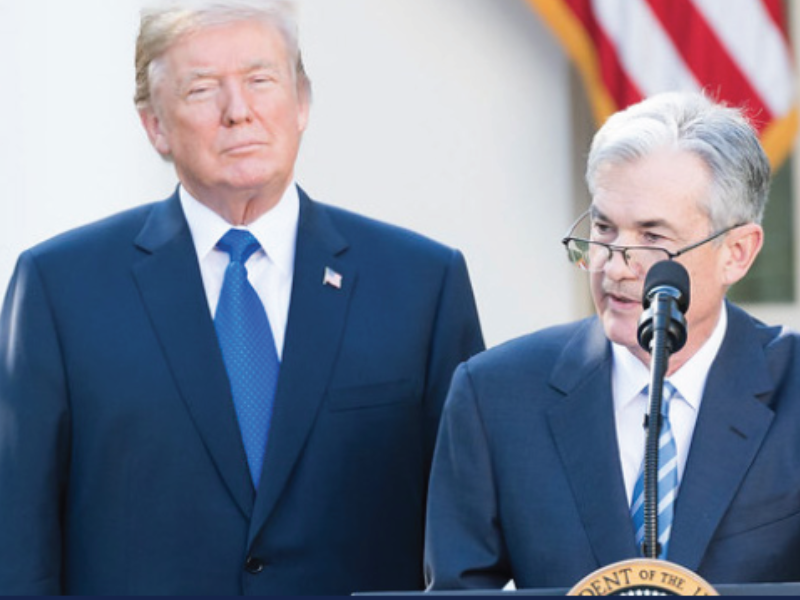The dominoes have yet to fall toward lottery privatization as a way to add more money to state government coffers, but several persevering governors continue to look closely at the idea.
“In nearly all the states where lottery privatization has been proposed the executive was the proponent,” said Arturo Perez, a fiscal analyst for the National Conference of State Legislatures (NCSL) who has been tracking the issue. “It’s possible that we will continue to see this as an option that states will consider for raising new revenue.”
California’s Close
California had been perhaps the closest to taking its lottery private. Facing a multibillion-dollar long-term budget shortfall, state legislative leaders were set to consider Gov. Arnold Schwarzenegger’s (R) proposal to lease the lottery to the highest bidder for what he said could have been “a $37 billion solution” to the state’s “shortfall situation.”
Several California legislators, however, accused the governor of being too optimistic with his revenue projections. He then changed his proposal to have the state borrow against future lottery revenues rather than take the lottery private.
In his 2008-2009 budget report, delivered May 14, Schwarzenegger included a financial link between state borrowing and lottery revenues. His plan calls for a “modernization” of the lottery “to boost performance and returns on this asset.”
The report says the state will be able “to raise cash upfront by selling future lottery revenues with no risk to the state.”
Illinois Governor Pushes
Illinois Gov. Rod Blagojevich (D) said in his State of the State address early this year he wants lawmakers to approve “partial lease of the state lottery, which would help fund up to $10 billion of a $25 to 30 billion state construction program.”
Though Blagojevich is a liberal Democrat, one of the state’s most powerful Republicans, former U.S. Speaker of the House J. Dennis Hastert, has jumped on the governor’s bandwagon. Blagojevich has named Hastert to head a state coalition to generate support for a public works construction program named Illinois Works.
The construction bill relies on a multibillion-dollar partial lease of the state lottery as a key revenue source. Blagojevich estimates such a lease could bring between $7 billion and $10 billion.
Other Governors Take Lead
Lawmakers in Indiana, Texas, and Vermont have rejected lottery lease proposals in the past two years, but governors in all three states are keeping the idea alive.
In Indiana, Gov. Mitch Daniels (R) proposes contracting for the administration of the Hoosier Lottery and using the funds for a scholarship program for state high school graduates to attend Indiana colleges or universities.
Texas Gov. Rick Perry (R) proposes using lottery earnings for cancer research. In Vermont, Gov. Jim Douglas (R) wants to use proceeds for property tax relief and school construction.
“Not only will this proposal ease the financial strain on homeowners, it will help clear the backlog of school construction, giving our students twenty-first century learning environments in energy-efficient buildings,” Douglas told lawmakers in his annual State of the State address in January.
John W. Skorburg ([email protected]) is associate editor of Budget & Tax News.


